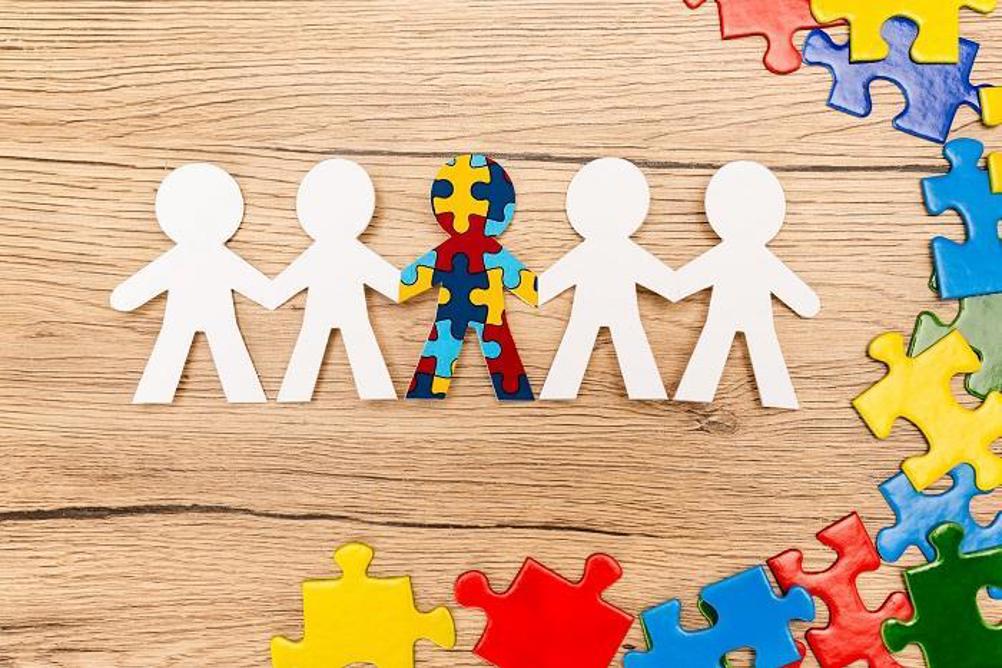
Leah Stein Duker, lead author and assistant professor at the USC Chan Division of Occupational Science and Occupational Therapy, said, “We’ve shown that the combination of curated visual, auditory and tactile adaptations — all of which are easily implemented, relatively inexpensive and don’t require training to safely use — led to statistically significant decreases in autistic children’s behavioural and physiological distress during dental cleanings.”
Compared to typically developing peers, autistic children experience greater oral health care challenges, which are often associated with heightened responses to sensory input. The dentist’s office is filled with potentially overwhelming stimuli such as bright fluorescent lighting, whirring electric hand tools and reclining chairs. Leah and the SADE research team, including colleagues from the Ostrow School of Dentistry of USC, are identifying and testing innovative approaches that can help alleviate those challenges in order to increase access to and efficacy of oral care.
Register now to continue reading
Thank you for visiting Dental Nursing and reading some of our resources. To read more, please register today. You’ll enjoy the following great benefits:
What's included
-
Up to 2 free articles per month
-
New content available
Already have an account? Sign in here
